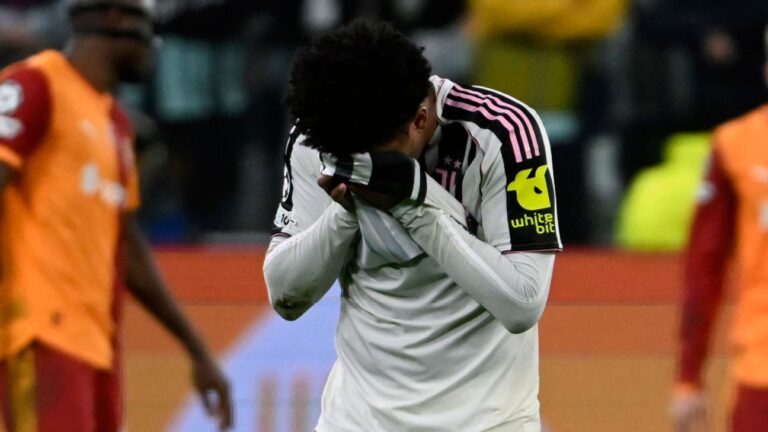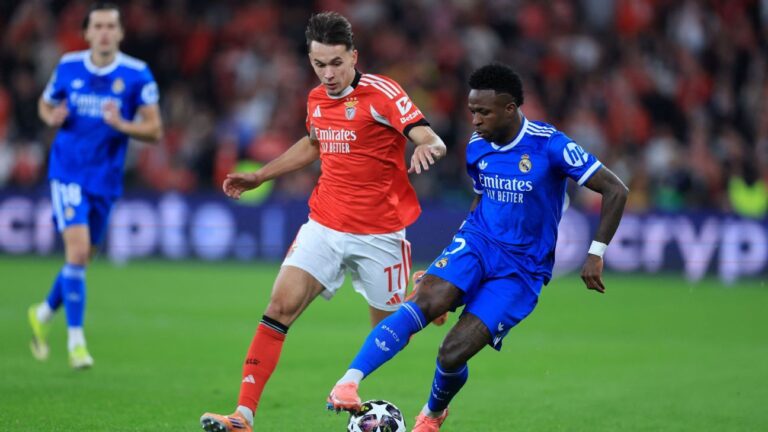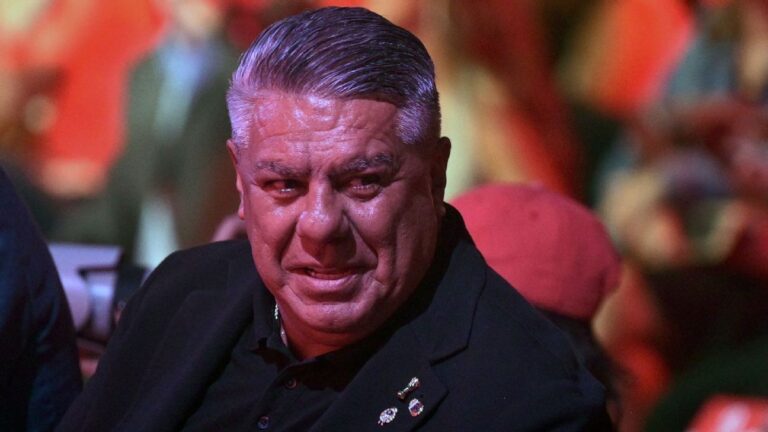Redemption is a big word and often a hugely complex subject, but it remains one of the great gifts that life, and sport, can hand you. And right now, there is a standout example who is brilliantly using LaLiga to seek this basic human need: Isco at Real Betis.
It’s extremely hard to overemphasise how remarkable his achievement has been in such short order. But the magical Spaniard is well on his way to significantly altering what people associate him with, and to proving that new starts can heal, mend and rehabilitate.
Before this season began, 31-year-old Isco — a six-time champion of Europe and three-time Spanish champion who was in UEFA’s Champions League team of the season as recently as 2017 — hadn’t played competitive football for nine months. None of it was down to injury, either. He last kicked a football for a salary in November 2022 with Sevilla, in the windy, rainy, hostile far north of Spain in a Santander stadium with a maximum capacity of 1,800 fans — a far cry from his starting place in front of 60,000-plus crowds in Champions League finals against Atlético Madrid and Juventus, or 75,000 at the Bernabeu for his last superb Real Madrid performance — scoring against Manchester City two years before that cold, desolate last game for Sevilla.
What happened next was dramatic. Following reports of him physically fighting with Sevilla’s legendary director of football, Monchi (who’s now at Aston Villa), Isco had his contract terminated. In effect — and spin it as you wish — he was out of work, suffering the full weight of the rumour mill and becoming the owner of a badly besmirched reputation.
The upside should have been that he was immediately available for any sharp-witted club across Europe, in Major League Soccer or even Saudi Arabia, which would normally never be able either to tempt him or afford his bewitching skills. Out-of-contract players aren’t subject to normal market rules: Isco could have been picked up as a free agent any time between November 2022 and the end of the season, seven months later. What little interest there was simply faded away, and the man about whom they used to say “No Isco? No Disco!” was left without a dance partner for an interminable time.
Cut to today and his stunning redemption campaign.
Isco, in each of Betis’ four Liga performances so far — two wins, one draw and even the one defeat — has won the sponsors’ MVP award. It’s pretty remarkable, too: This guy who has always defended his right to have the occasional glass of cerveza, to munch on crisps or to swig a soft drink, is suddenly not only demonstrating his beautiful, intoxicating technical skills, but is as fit and sharp as at any time in the past 10 years.
So seductive has his play been that, after starring in Betis’ latest win, a 1-0 result against Rayo Vallecano, our guy left the field to raucous stadium-wide chants of “Isco, Isco … ISCOOOO!” It’s astonishing not just in context of his participation, for Malaga and Real Madrid, in absolutely thrashing Betis (4-0, 6-1, 5-3), but for the simple fact of having played for Sevilla.
Teams who share a city don’t tend to get along. That’s a given. But this broiling, heaving, passionate, noisy, intense city adds significant edge.
When Derbi day comes, it’s literally extraordinary. Venomous dislike has been stoked by envy. Sevilla are the posh (pijo) club that always looked down on their blue-collar, but green-and-white-shirted, rivals. The fact that Sevilla have been on a massive trophy spree over the past couple of decades — including five Europa League titles since 2013 — has added a supercilious sneer to how they regard “the working-class club.”
If you’ve played for either one of these two, it’s usually inadvisable to dally with joining the other. To aim for adoration at the Benito Villamarin, having been a rojiblanco, is akin to suggesting using a big trampoline to reach the moon. Ludicrous. Thus, Isco’s progress is already a beguiling sight.
So too is his off-field strategy: Having deliberately ducked media interviews for years, Betis’ newest star decided to address his critics. He recently told Marca: “I dislike how many sports journalists behave. It’s ‘break the news first and check the facts second.’ That can cause damage to players and our families. We’re people too.
“I have no problem acknowledging the part I played in some of what’s happened, but I definitely wasn’t responsible for everything.”
The incident with Monchi is fundamental in Isco needing to seek redemption — ironically in the same city, Sevilla, but at the “enemy” club, Betis, where the fans who once despised him currently chant his name with adoration. And all this after just four games!
Isco also chose to explain his side of the story and how he went from one side of the city to the other. “Julen Lopetegui is one of the best coaches I’ve ever worked for, and he wanted me at Sevilla. Even earning four times less than at Madrid, I was happy initially. It was a great dressing room and the fans were brilliant to me. But from the start people warned me that Monchi had been against signing me.
“When they sacked Lopetegui, things started to change. The club contacted my agent to discuss selling me, without speaking to me first. Unbelievable! After that, Monchi told people that it was me who was pushing to leave! Then he started calling me or my lawyer every day, pressurising me to rescind my contract.
“It came to a head one day after training. I challenged him, told him he was the most dishonest person I’d ever met in football and he attacked me, grabbed me round the throat and had to be dragged off by security. Unbelievably, nobody from the club has ever apologised for that incident.
“Regardless of how happy I was at the club, there was no way I could stay after that. I had been determined to be a big part of the team’s fightback, but being assaulted by the club’s sports director made my position completely untenable. The local press headlines were about me abandoning the sinking ship, which isn’t me at all: I’d never have thrown in the towel like that.”
When asked about Isco’s words, Monchi responded: “Each of us is in charge of what we say and what we stay silent about. If he thought it was opportune to talk about this, he obviously had his reasons. I’m not wasting a second on him or that episode.”
You’re free to choose whose version you credit and whose side you take, but it appeared that the football market had lost faith in Isco. In search of the redemption he’s achieving, Isco sought help in counseling and worked frenetically hard at private fitness sessions, meaning that he’s now equipped to dazzle. As Betis plot the overthrowing of Sevilla in their eternal intra-city power struggle, and prepare for a European campaign, he’s their star man and has begun to talk about winning back his Spain place.
Kudos to him: when he shines, football in Spain is just that little bit more magical.




